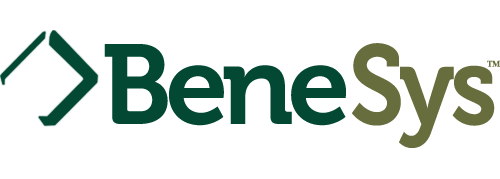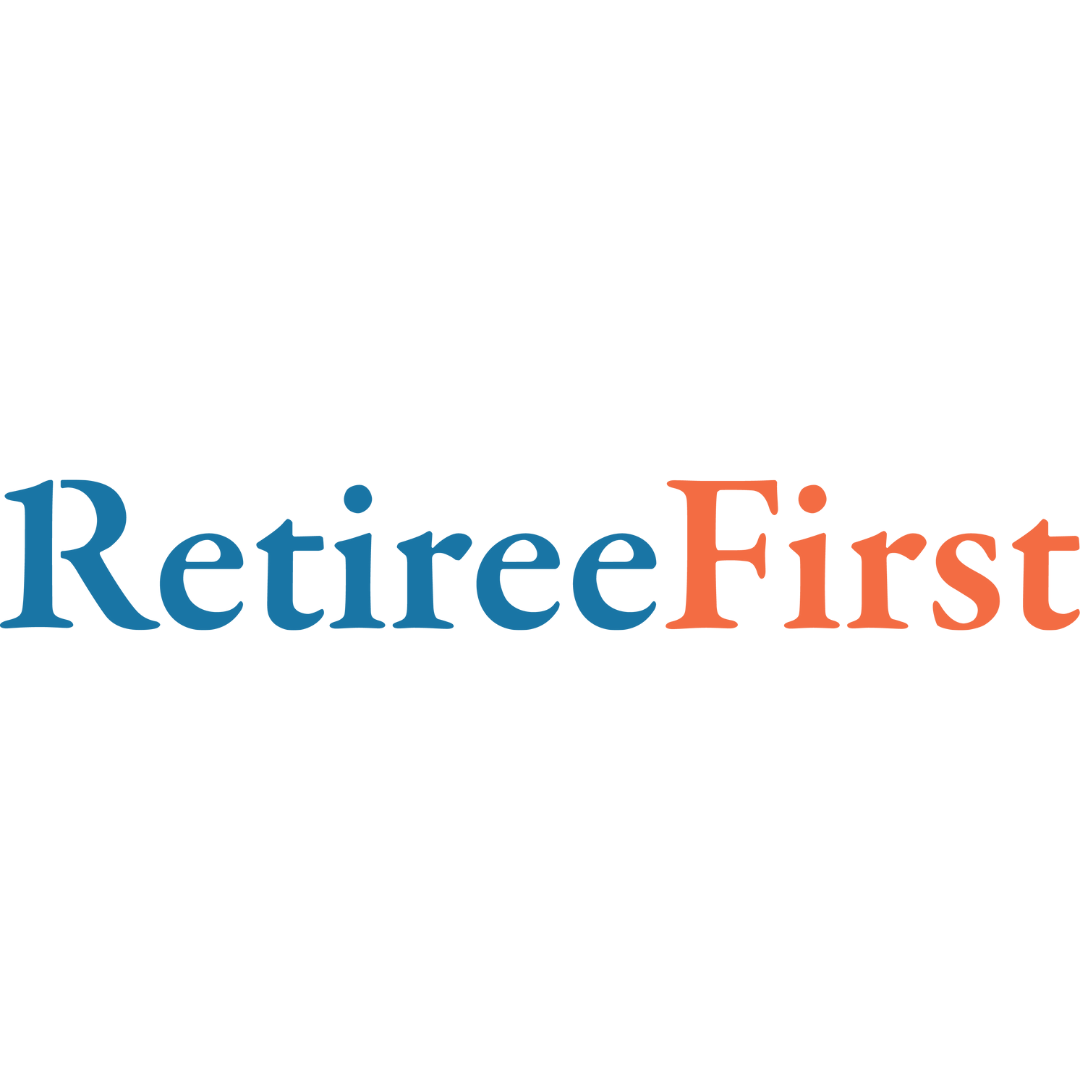Happy 50th Birthday, ERISA!
President Gerald R. Ford, the only U.S. president from Michigan, signed the Employee Retirement Income Security Act (ERISA) into law on Labor Day in 1974. Just five years later, BeneSys was born. We want to take this opportunity to thank you all for the trust you’ve placed in the BeneSys team over the past 45 years.
Since ERISA’s enactment (and even before its passage), benefits for union members have been a key focus of congressional attention. In late May, U.S. House of Representatives Education and the Workforce Committee Chairwoman, Virginia Foxx, sent letters to the presidents of the International Brotherhood of Teamsters, the AFL-CIO, and the Service Employees International Union. The letters requested responses regarding their respective unions’ alleged attempts to leverage pension plan holdings to engage in shareholder proxy voting activism.
Foxx posed a number of questions to the union presidents, including:
• Does your union have mechanisms in place to determine how much money is spent on shareholder activism, proxy voting, or other activities aimed at influencing shareholder meetings?
If so, please provide that figure.
• Does your union have mechanisms in place to calculate the financial benefits of its shareholder activism, proxy voting, or other activities aimed at influencing shareholder meetings?
If so, please provide the results of that analysis.
• When your union uses stock held as a union pension plan asset to engage in proxy voting, does it consider the potential impact on the financial health of the pension plan?
If so, please explain how.
• What expenses has your union incurred in its shareholder activism activities?
What is the source of funds for these expenses? Have pension plan assets been used to cover any of these costs?
Framing the topic in a regulatory context may be helpful.
In December 2022, the Department of Labor (DOL) issued new proxy voting regulations under ERISA, which generally took effect on January 30, 2023, with certain provisions delayed until December 1, 2023. These rules do not apply to voting rights passed through to participants in Section 401(k) or profit-sharing plans.
Many commentators interpret the regulations (summarized below) as a “principles-based” approach, as the rules neither promote nor prohibit the inclusion of environmental, social, and governance (ESG) considerations.
Significantly, the preamble to the final regulations states that when a plan fiduciary exercises voting authority, a violation under the rules “would not occur merely because stakeholders other than the plan would potentially benefit along with the investing plan.”
DOL Regulation 2550.404a-1(d) provides that the fiduciary duty under ERISA to manage plan assets includes the right to vote proxies.






























